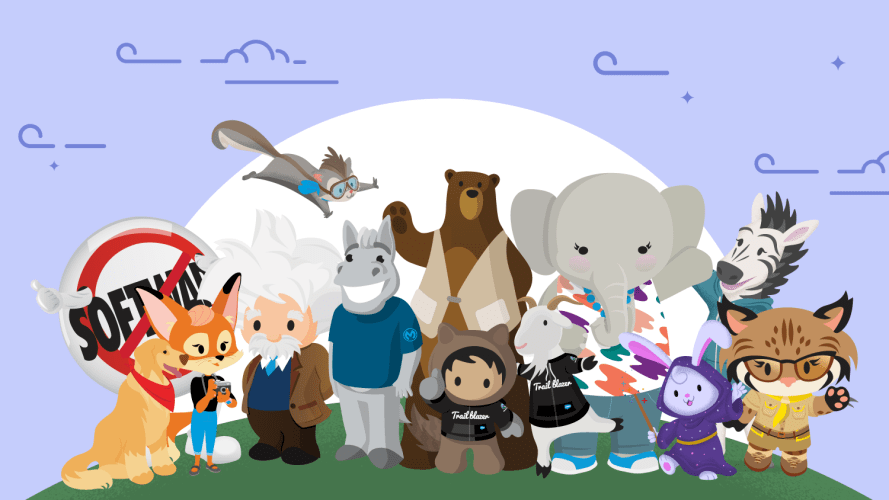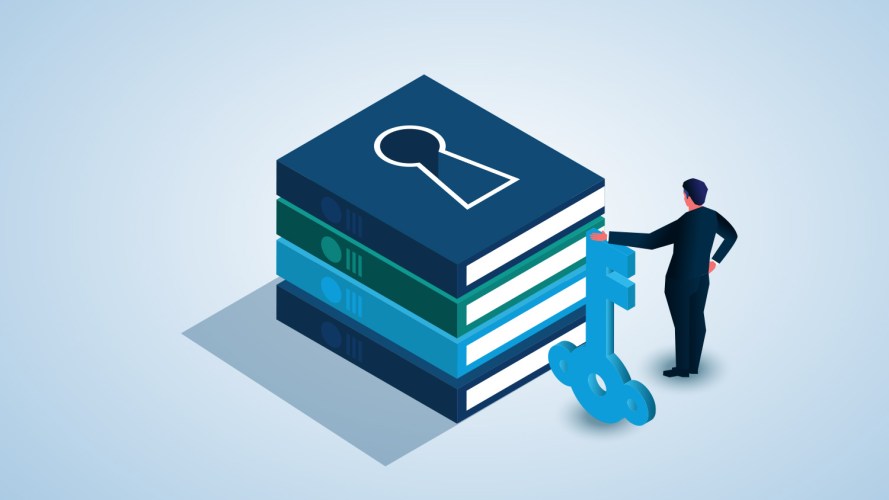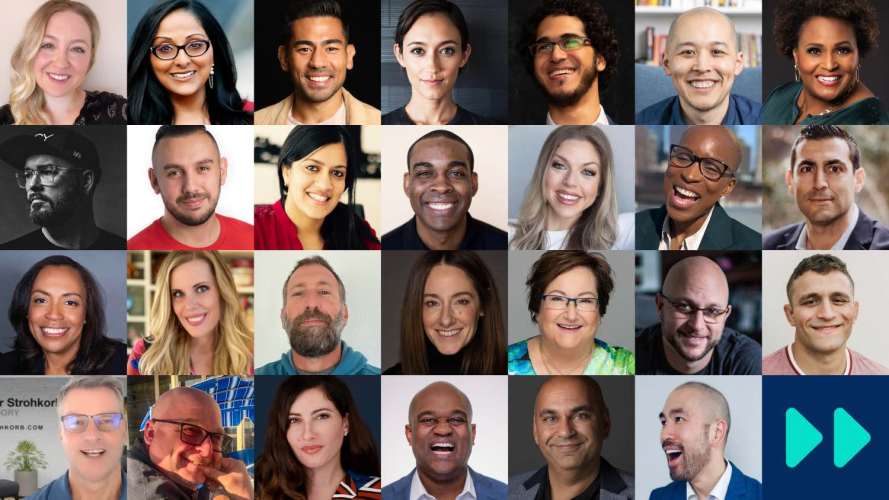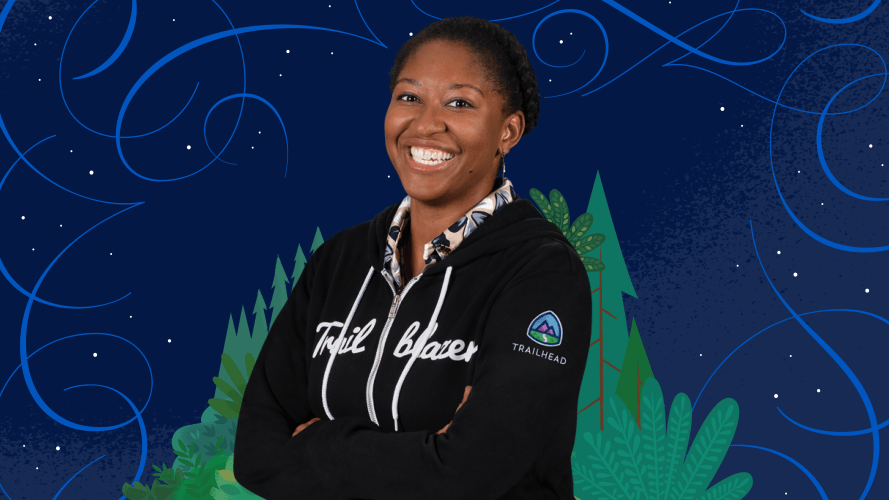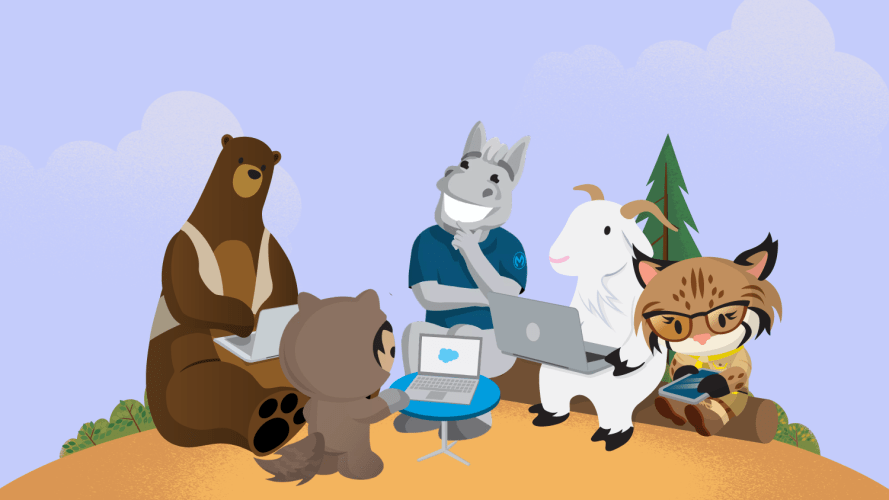Commit To Tough Conversations About Equality



In the latest chapter of our Make Change series, Leading Equality, three unique voices: Soledad O’Brien, Todd Sears, and Deesha Dyer discuss using storytelling to combat racial injustice.
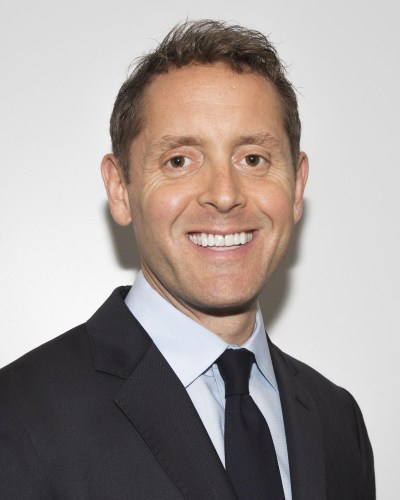
Matt Jaffe
“What’s the point of having a seat at the table? What’s the point of making it up the ladder, to a certain degree, if, at the moment when it matters, you’re too afraid for your job to open your mouth and say something that needs to be said.” — Soledad O’Brien, CEO of Soledad O’Brien Productions
If we hope to emerge stronger from today’s health and economic crises, leadership will need to come from all walks of life. From government to business, from art to activism, it will take action and allyship to address the overlapping inequalities of race, gender, sexual orientation, and class that plague our society.
In Leading Equality, the latest chapter of our Make Change series, we bring you the perspectives of three unique voices — Soledad O’Brien, award-winning journalist, and CEO of Soledad O’Brien Productions; Todd Sears, founder and CEO of Out Leadership; and Deesha Dyer, co-founder and executive director of beGirl.world. Despite three distinct vantage points — newsroom, boardroom, and classroom — they share some common principles in their approach to counter inequality.
They recognize and embrace the power of their platform to inspire change
O’Brien uses her news platform as an opportunity to serve the community and the audience by giving them information. “That’s what inspires [me] to push people and ask tough questions and not be afraid of just being aggressive.”
O’Brien prefers to be known as a storyteller — focusing not only on what happens but how it affects those involved. “A true, authentic story opens up a certain amount of vulnerability,” says O’Brien. “People then are almost primed to want to understand an issue. If people can harness that, they would learn their story has a tremendous ability to motivate people.”
According to Sears, who advises leaders and multinational organizations on LGBTQ+ issues and initiatives: “The only way we will achieve full equality in the world is through the power of business.” Based on his work as an investment banker, financial advisor, and diversity leader on Wall Street, he advocates for inclusion as a source of sustainable economic growth.
“I’ve had an amazing opportunity over the last 20 years to work with hundreds of CEOs,” says Sears. “ … that’s given me tremendous access to people who are now LGBT champions. I’ve been told so many times over the years that I’m the first gay person so many of these senior leaders have ever gotten to know. I take that position very seriously because it is an opportunity to create inroads.”
Dyer crafted opportunity out of her journey from community college to seven years as a White House staff member under the Obama administration. “As someone who came out of the White House and is regarded as a role model, I don’t take that lightly,” she says. “I believe that I do have a certain amount of privilege that I do have to recognize and I do have to use now. It’s making sure you’re using everything in your toolbox to get someone else to where, at one point, you wanted to be.”
They commit to engage in tough conversations about equality
“There’s strength in a blunt, straightforward question,” says O’Brien, who acknowledges the difficulty in initiating a discussion on racial inequality. “I think you have to at least have forums and opportunities to have uncomfortable conversations, and people who know how to help navigate those conversations.”
Sears challenges CEOs to back their words up with action. “Just repeating an HR policy or that they won some award does not resonate. That’s not authentic,” maintains Sears, who knows of many CEOs who claim to be “good with the gays.” “How do your people know that? Have you told them?” Sears asks them. “Nine times out of 10, they have not. Allies have to come out, be authentic, and be visible.”
“If people that have privilege decide not to speak out, they’re really doing us all a disservice,” believes Dyer. “I think in the end they’re going to regret it.”
They lead with trust as an essential element in bringing about lasting change
Dyer believes, “Businesses need to look at their culture and start from the inside out. For leaders to have an impact, they need to make sure everyone who is going to be impacted by their decisions is at the table. How can you help the community if you’re not in touch with them?”
Beyond having a seat at the table, O’Brien believes people need to feel their input is valued. “What’s the point of making it up the ladder if, at the moment when it matters, you’re too afraid for your job to open your mouth and say something that needs to be said?”
“Efforts around inclusion actually set the tone for the broader corporate culture,” says Sears. He cites research that shows when a straight white male [leader] says he’s an ally to LGBT people, the overall engagement of women and people of color in his organization goes up. “The opportunity to create a culture from the inside, from an inclusion perspective is absolutely what differentiates a successful company from a failure.”
In this time of global unrest, we need to embrace the words of Deesha Dyer: “I believe that making positive change is available and ready for anybody who has any kind of platform.” Recognize your platform and the power that comes with it. Engage in tough conversations on equality. Lead with trust. These are all actions we can take individually or, better yet, with an advocate.
Go to Make Change: Leading Equality to hear the stories of these and other leaders, and get inspired to use your platform for change with the video below:

